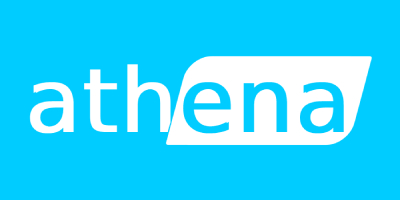
Common Distortions in Thinking That Can Affect Recovery
At some point in our lives, we’ve all had negative thoughts, but when these negative thoughts are persistent enough that they affect every aspect of one’s life, they are classified as cognitive distortions. For those addicted to alcohol or drugs, this kind of distorted thinking can be a trap that prevents individuals from breaking the cycle of addiction.
Cognitive distortions are inaccurate and untrue thoughts or beliefs which distort one’s reality. Typically, cognitive distortions help us to deal with fear, defending us from the dangers we believe are present currently or from those dangers we may have experienced at an earlier point in time.
Despite the protective nature of cognitive distortions, they have a more sinister side. Because you don’t realize the inaccuracy of your distorted thoughts, they can grow in their persistence until they seem real. Left unchecked, these distortions can become damaging and limit your ability to do what you want or need to do, such as stopping substance abuse.
A dual diagnosis of both substance addiction and cognitive distortion is very common. Also called “co-morbidity,” these issues can cause you to constantly bounce between positive thoughts about recovery and those thoughts which encourage further substance abuse.

- Making Assumptions
- Imagining the Worst
- Believing There Is No Middle Ground
- Focusing Only on the Negative
Where it comes to treating addiction and the cognitive distortions which so often accompany it, there are several options to consider.
If a psychiatric evaluation has been recommended, medication may be prescribed for the purpose of symptom management. Holistic treatments and approaches consider your spiritual health, as well as your emotional, mental, and physical health.


